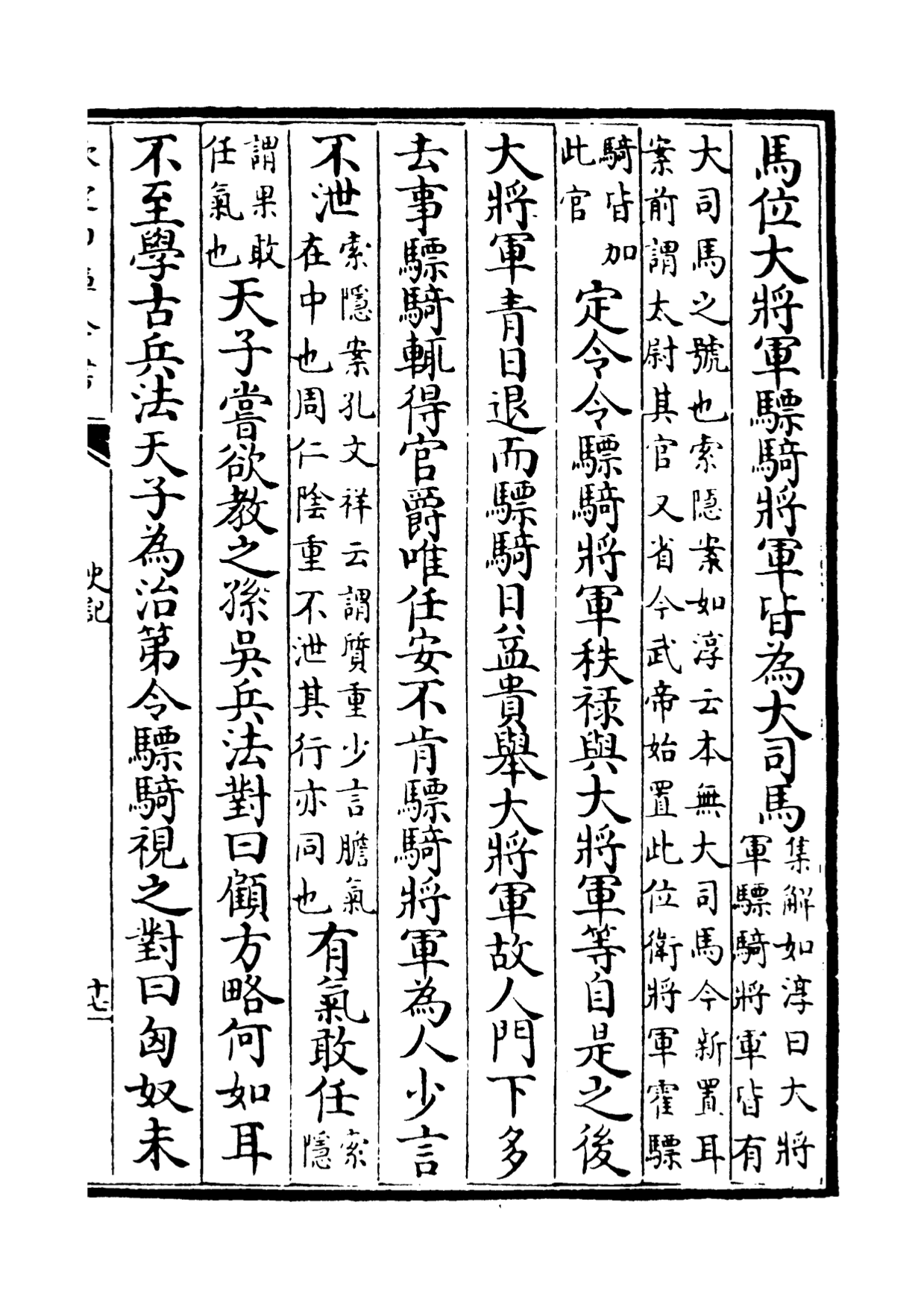as far as i search (ctext.org, 維基文庫 &
四庫全書薈要), the character "古" is missed in the question, which make great difference in translation. the relevant text ought to be:
驃騎將軍為人少言不泄﹒有氣敢任﹒天子嘗欲教之孫吳兵法﹒對曰﹒顧方略何如耳﹒不至學古兵法

therefore, i would suggest in clause 顧方略何如耳:
顧 考慮 considering
方 方法 --> 戰術 military tactics
略 策略 --> 戰略 military strategy
何如 如何 how to
耳 is a 虛字, served the purpose of ending a clause; and helping 句讀
靈活運用 to deploy flexibly
so, 顧方略何如耳 is roughly:
considering (顧) how to (何如) deploy military tactics (方) & strategy (略) flexibly (deploy and flexibly are inserted for easier comprehension)
in clause 不至學古兵法:
不至 不至於 or 不必 no need
學 學習 to learn
古 古代 ancient
兵法 the art of war / warfare
so, 不至學古兵法 is roughly:
there's no need (不至) to learn (學) the ancient (古) art of war (兵法)
the rationale of my attempted translation is:
at the time of 霍去病 (140 bc – 117 bc), 孫吳兵法 (5th century bc) is a few hundred years old. most likely, general 霍 had ideas that society, technology and enemy are changed, that, ancient books about the art of war were outdated. further he had talent in war, that, learning from these ancient rules of war is unnecessary for him.
